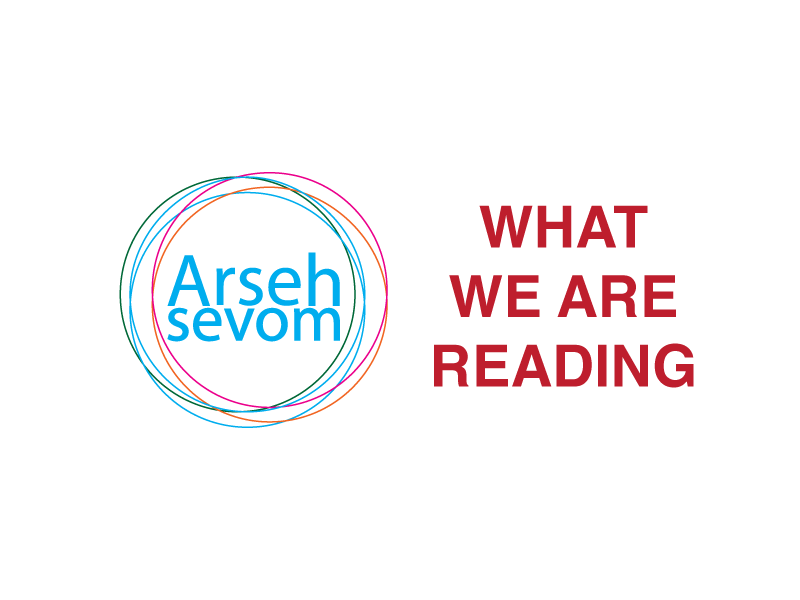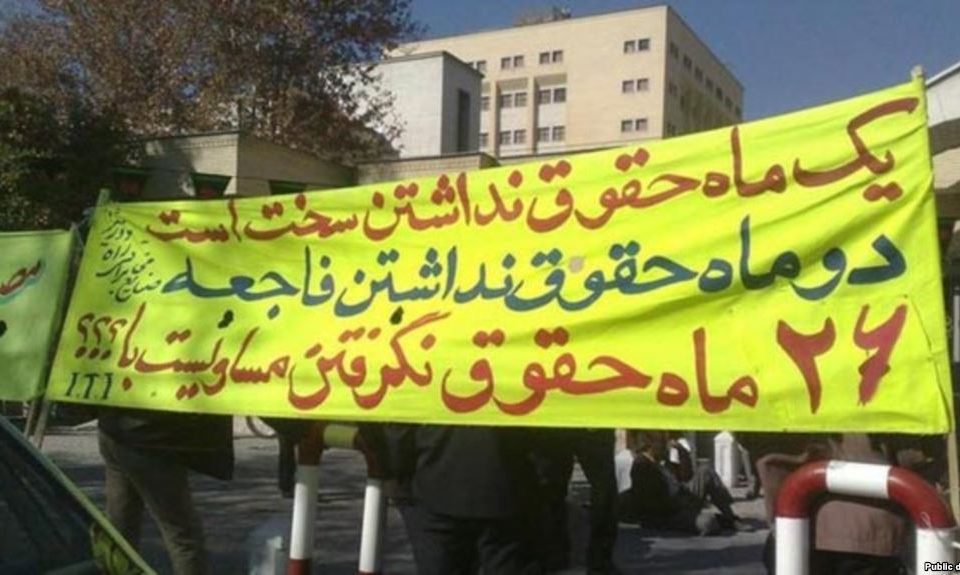July — Committee Formed by House of Cinema to Look Into Arrests
July 19, 2011
Ali Motahari on Freedom of Assembly, Water Fights in Iran, and More…
August 19, 2011This week’s featured article from Arseh Sevom’s Civil Society Zine is Christina Ashtary’s piece examining the development of social capital in politically restrictive environments. Can trust be developed between individuals who meet online? By now, most of us know couples who wooed one another online long before they ever met. Why not activists?
Ashtary argues that trust and social capital are being created even among those who know each other as bits and bytes, communicating solely (for a time, at least) in the virtual realm. She discusses how the control of public spaces by the regime in Iran has led to a transfer to the virtual sphere, Weblogistan: a digital Iran that transcends geographical borders and oppressive control.
Ashtary writes:
As a virtual community marked by commentary and online interaction, the Weblogistan has bred interconnectivity among Iran’s virtual dwellers, establishing the notion of a virtual civic association. Blogs have taken political and non-political forms, and have consequently created dialogue and facilitated engagement along both trajectories, as would community associations in the traditional sphere…Reputations are gained based on a weblogger’s status, weak ties are connected via online linking referrals, and interpersonal trust is gained through repeated virtual interaction. In this sense, the Weblogistan as a virtual association can meet many of the requirements of the physical, traditional association in harnessing social capital and increasing connectivity among society.




